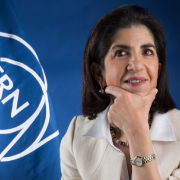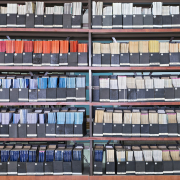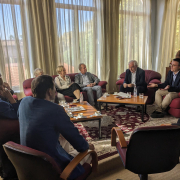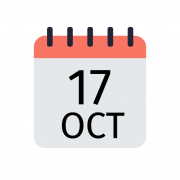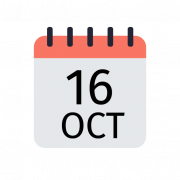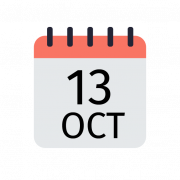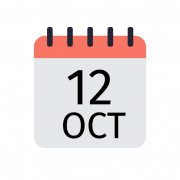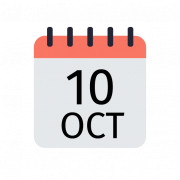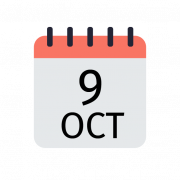CERN Director-General Fabiola Gianotti Awarded ALLEA’s 2023 Madame de Staël Prize
ALLEA is proud to announce that particle physicist Fabiola Gianotti has been awarded the 2023 Madame de Staël Prize for European Values in recognition of her remarkable scientific achievements and her exemplary leadership as Director-General of the European Organization for Nuclear Research (CERN).
“I am deeply grateful to ALLEA for this prestigious award, and truly honoured to receive it in the context of my work as the Director-General of CERN, one of Europe’s greatest achievements from the perspective of scientific excellence, societal impact and international collaboration, as well as for the values of diversity, inclusion and open science that it embraces and promotes,” said Fabiola Gianotti about her nomination.
The selection committee felt that Gianotti’s efforts in pursuing CERN’s mission of bringing European nations together and her commitment to fostering an environment in which research can flourish beyond national boundaries were both outstanding in their own right, as well as complementary to ALLEA’s own mission of facilitating scientific collaboration across borders and disciplines.
“The jury wholeheartedly agreed to award Fabiola Gianotti with the 2023 Madame de Staël Prize, as recognition of her outstanding scientific work in particle physics and, most notably, her exemplary achievements in shaping a truly collaborative research community at CERN. Under her directorship, CERN has evolved to become a research environment in which European values such as cultural diversity, borderless collaboration, and equal opportunities are central and essentially contribute to achieving the highest scientific standards,” said Antonio Loprieno, President of ALLEA and chair of the Madame de Staël Prize Selection Committee.

